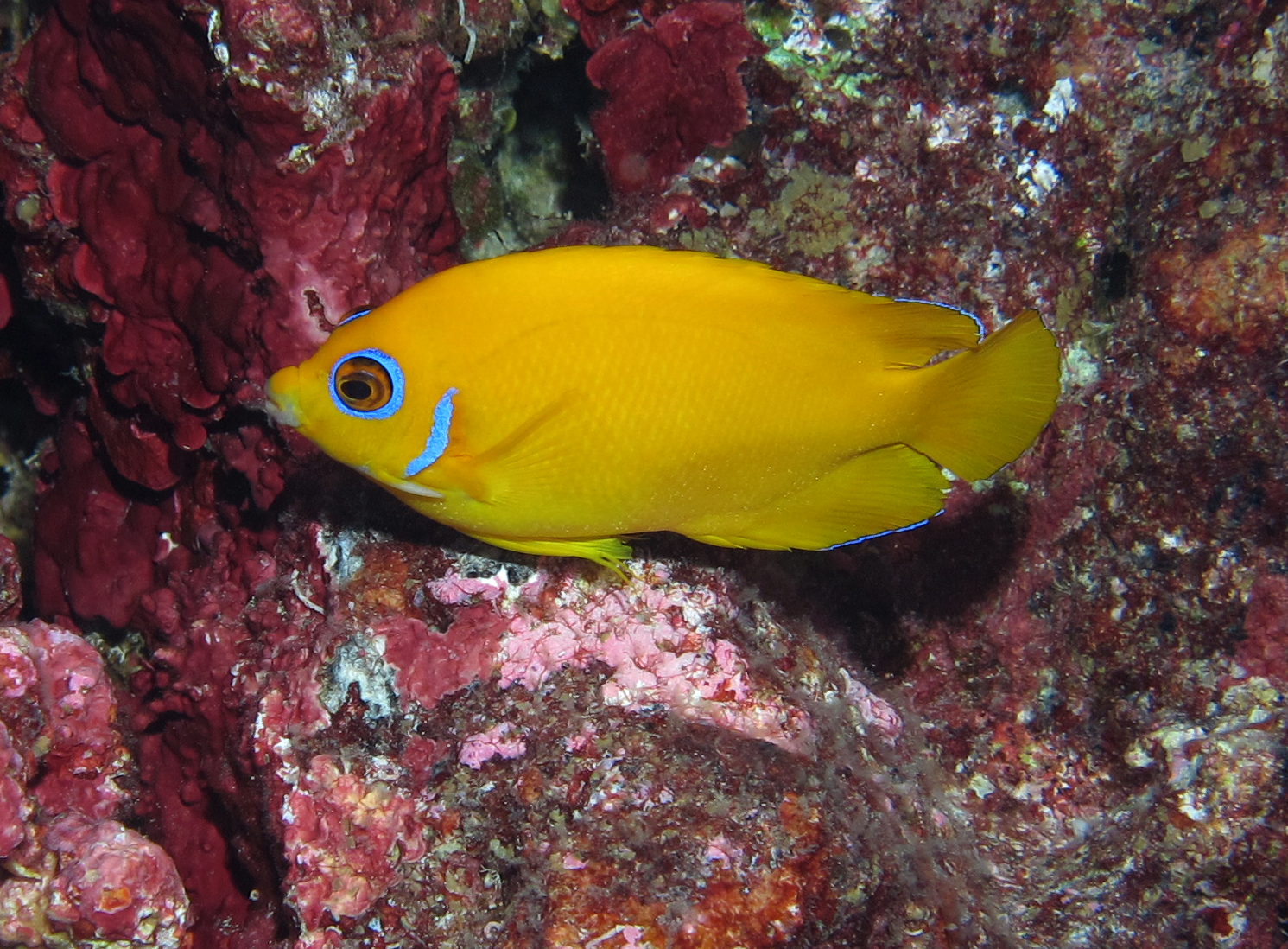
First sightings of fish outside their usual known distribution regions have been identified as an early warning sign that a marine species may be shifting in response to climate change.
A study led by IMAS Honours student Hannah Fogarty (pictured, below) and published in the journal Global Change Biology has shown that initial reports of fish in unaccustomed waters are often a sign of impending species-wide change, with major implications for local ecology and fishing industries.
In collaboration with scientists from IMAS, CSIRO, Commission for the Conservation of Antarctic Marine Living Resources (CCAMLR) and the Scottish Association of Marine Science, Ms Fogarty compiled a list of verified first sightings from around the world and compared it with long-term data on warming oceans, finding a correlation between the early stages of a species range shift and climate change.
 “Climate change is leading to global changes in species distribution patterns and the reshuffling of biodiversity is already well underway,” Ms Fogarty said.
“Climate change is leading to global changes in species distribution patterns and the reshuffling of biodiversity is already well underway,” Ms Fogarty said.
“In Australia, for example, a Lemonpeel Angelfish (pictured, above, Photo: Antonia Cooper) was found off Lord Howe Island, more than 1000 kilometres south of its usual coral reef habitat. Tropical and sub-tropical fish such as this are increasingly being found in temperate waters, with species such as wrasse, parrotfish, flounder and eels well-represented in global reports of unusual sightings.
“New marine species arriving in an area may become pests, modify the local ecosystem, or represent challenges or opportunities for fisheries and recreation.
“It’s therefore important to detect the early signs that fish may be moving into a new area, allowing for risks to be assessed and proactive management strategies to be put in place.
“This study shows that first sightings of a species can be a useful warning of likely species-wide change as warming waters push marine species poleward,” she said.
IMAS Associate Professor Gretta Pecl, a co-author of the study, said Ms Fogarty’s research was an impressive achievement for a young scientist and highlighted the value of supplementing scientific research with data collected through citizen science programs such Redmap (www.redmap.org.au).
“Redmap asks fishers and divers to share photos of their out-of-range sightings of marine species, providing a unique data stream of changes that Australians are observing,” Assoc Prof Pecl said.
“This study shows that such sightings provide ecologically useful and meaningful data, and it’s a credit to Hannah that she was able to produce such high quality research during her Honours year.”